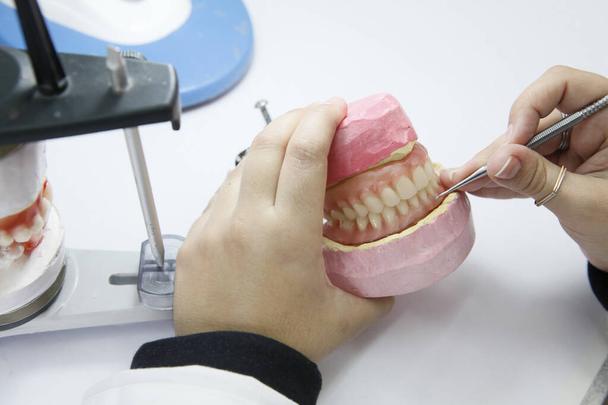How to Choose Between Traditional Dental Implants and All-On-4?
If you're considering dental implants, you may be wondering if traditional implants or All-On-4 implants are right for you. Here's a look at the key differences between these two types of implants to help you make the best decision for your smile.
- Traditional Dental Implants
Traditional dental implants are the most common type of implant. They're made up of three parts:
The implant itself is a metal post that's placed in your jawbone.
The abutment is a connector piece that attaches the implant to your artificial tooth.
The artificial tooth is made from porcelain or ceramic.
Traditional implants are placed in your jawbone one at a time. Once the implant has bonded with your bone, the abutment is placed on top, and your artificial tooth is attached to the abutment. The entire process can take several months and may require multiple surgeries.
All-On-4 dental implants are a newer type of implant that's becoming increasingly popular. Unlike traditional implants, All On four implants are placed in your jawbone simultaneously. This means that you won't need multiple surgeries, and the entire process can be completed in just one day.
All-On-4 implants are made up of four parts: two implants that are placed in your upper jaw and two implants that are placed in your lower jaw. These implants are then connected with a metal bar. Your artificial teeth are then attached to the metal bar.
The main advantage of All-On-4 implants over traditional implants is that they can be placed in your jawbone even if you have limited bone density. This makes them a good option for people who have had teeth extracted and are not candidates for traditional implants.
Another advantage of All-On-4 implants is that they can support a full set of teeth, even if you're missing all of your teeth. Traditional implants require that you have some healthy teeth remaining to keep the artificial teeth.
So, which type of implant is right for you? The best way to decide is to talk to your dentist about your options. They can help you choose the type of implant best for your individual needs.


